*Guest Contribution
Clay crafting is a hobby that feels both relaxing and rewarding. Polymer clay offers many possibilities. You can make jewelry, miniatures or small figurines. Learning the basics makes the process easier. It also helps you avoid cracks, fingerprints or brittle pieces. Once you have mastered some simple steps and explored the best clay brands, you will feel confident trying new techniques.
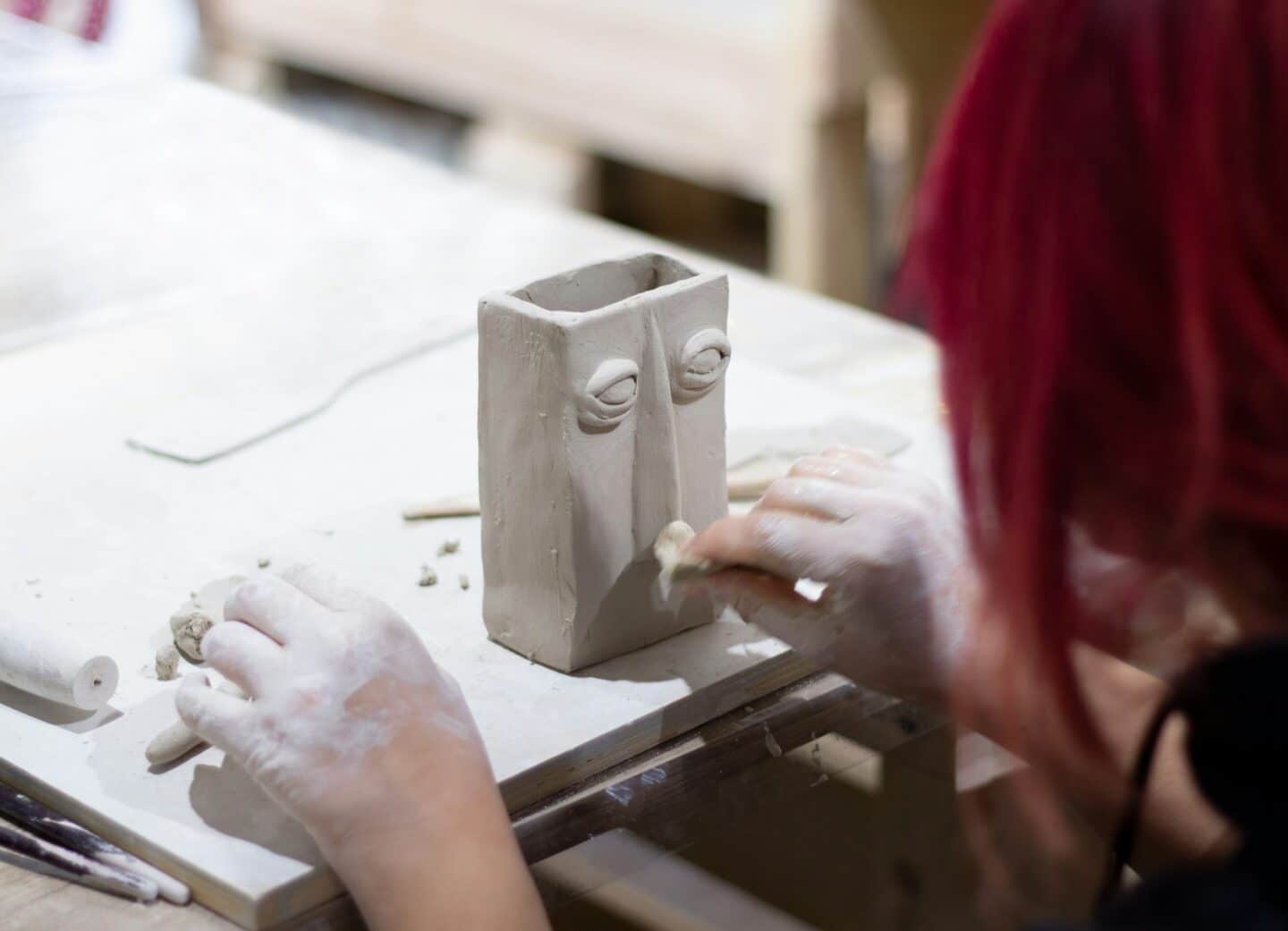
Clay Crafting Tips for Beginners
Getting started with clay crafting is easier and more enjoyable when you follow a few simple tips to help prevent common mistakes and improve your results.
Condition Your Clay
Before you start shaping anything, you need to condition your clay. That means softening it so it is easier to work with and less likely to crack. Knead a small piece until it feels warm and smooth in your hands. If it is too firm, cut it into little bits and roll the pieces around or use a conditioning machine if you have one.
Choose the Right Tools
You can make significant advancements without fancy equipment. A few basics make a big difference. For example, a blade, a rolling pin, a smooth surface and some shaping tools are enough for your first projects. Everyday items like toothpicks, stamps or even old paintbrushes work as well as professional tools. Start simple and then add more tools as you discover your favorite techniques.
Handle Water Carefully
Clay reacts differently depending on the type. Water can weaken oil-based or polymer clays before baking. Too much water can make air-dry or ceramic clays sticky or soft, affecting drying or firing. Handle clay carefully and use water sparingly — mostly on tools for smoothing or shaping. Wait until your piece is finished, baked or dried to apply glazes, paints or other liquids.
Bake at the Correct Temperature
Getting the temperature right is key to creating strong, durable clay pieces. If the oven is too cool, your clay may remain soft and fragile. If it is too hot, it can burn or change color. Use an oven thermometer to check your oven’s accuracy, since many ovens run hotter or cooler than the dial indicates. Always follow the instructions on your clay package to ensure each piece cures correctly.
Prevent Fingerprints on Your Finished Pieces
Fingerprints are the sneaky flaw that can spoil an otherwise perfect project. Wearing gloves is one option, especially on hot days when clay gets softer and marks show more easily. You can also smooth impressions before baking with a soft brush or by gently rubbing your fingertip. Working on cooler surfaces helps keep the clay firm and reduces unwanted marks.
Differentiate Between Air-Dry and Self-Hardening Clay
Air-dry clay hardens naturally when exposed to air. Self-hardening clay contains extra compounds that make it firmer and more durable. Knowing the difference helps you pick the right clay for your project.
6 Top Clay Brands for Beginners
These are some of the best companies for beginner clay crafters. They offer reliable materials, accessible tools, and a range of options for enjoyable learning and creating.
1. Sculpey
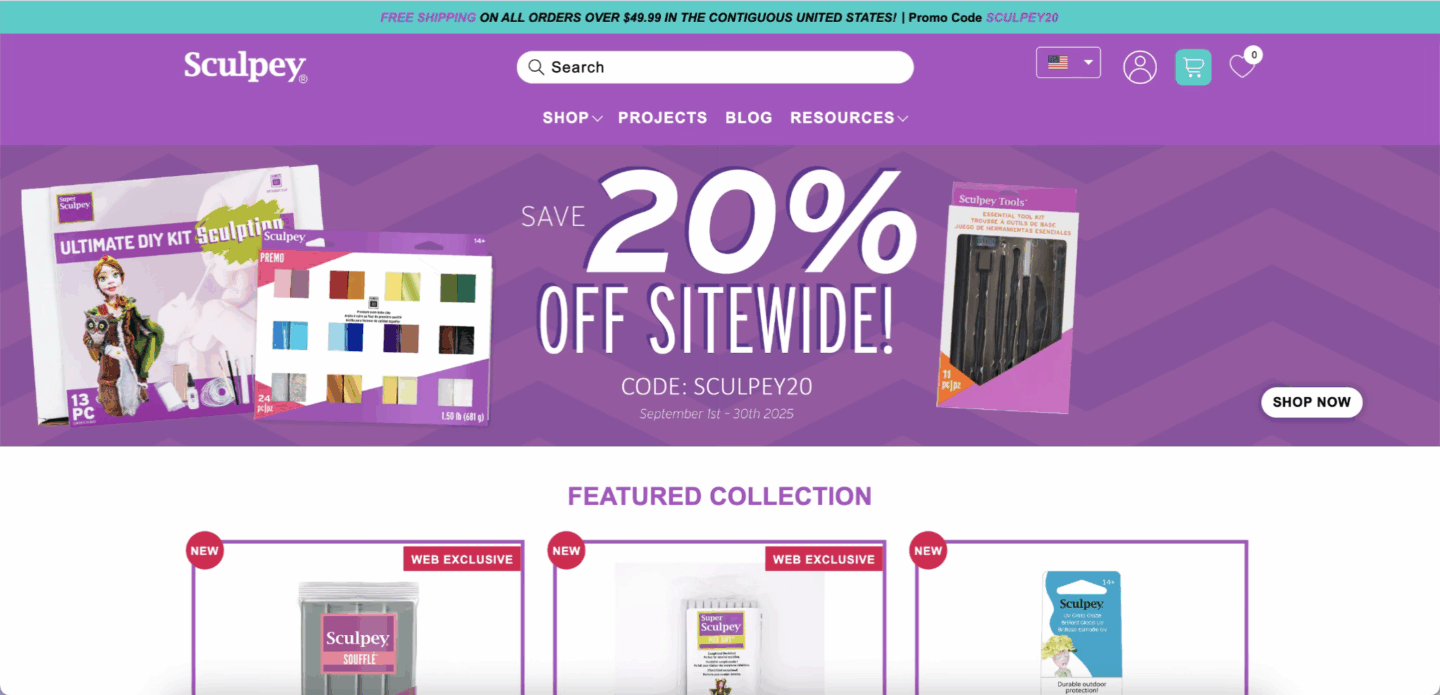
Sculpey is one of the most versatile polymer clay brands, perfect for inspiring beginners and professionals. It started in 1967 and has become a global crafter staple. The clay can be baked in a home oven, allowing users to turn simple creations into lasting art pieces. With products ranging from children’s clay to professional sculpting options, Sculpey makes creative projects accessible at every skill level.
Artists value Sculpey clay for its ability to hold fine details while staying flexible after baking. The brand offers lines like Premo, Soufflé and Original Sculpey, each designed with specific applications in mind. Users also enjoy specialized products — such as liquid and air-dry clays — that expand creative possibilities. Sculpey remains a favorite for jewelry makers, sculptors and DIY enthusiasts seeking reliable results.
Key Features:
- Made from safe and non-toxic material
- Specialty clays in metallic, translucent and flexible variations
- Sulfur-free products for compatibility with other materials, including some silicone products
2. FIMO
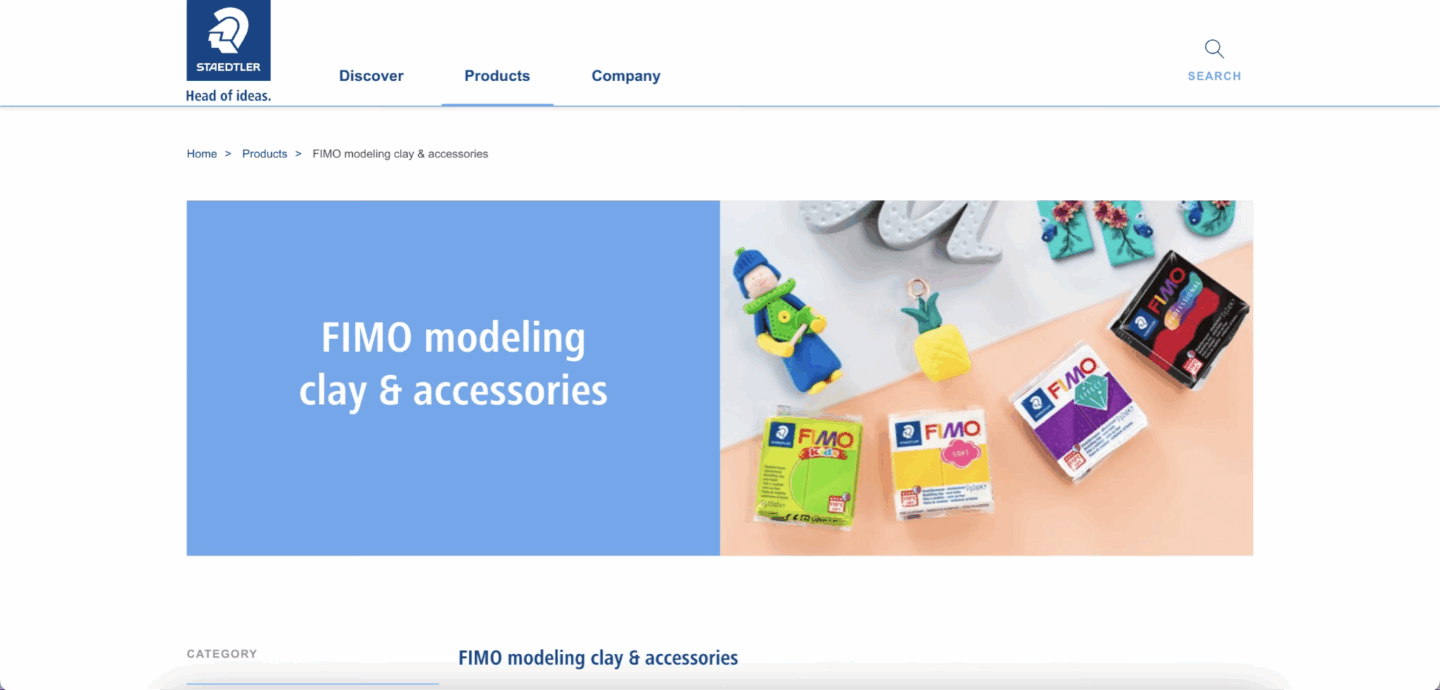
FIMO is a premium modeling clay created in Germany and produced by Staedtler. It was first developed in 1939 and quickly became popular for its strength and vibrant colors. Unlike traditional clays, FIMO hardens in a standard oven, offering convenience without compromising durability. Its PVC-based formula ensures versatility, making it ideal for everything from intricate jewelry to large craft projects.
The brand has expanded with lines like FIMO Soft, Professional and Effect. Each offers different properties, such as added flexibility, unique finishes or air-drying capabilities. FIMO’s reputation rests on its consistent texture and extensive color palette, which includes metallics and glitters. Because all oven-bake types are compatible, artists can mix them to achieve custom effects.
Key Features:
- German precision with consistent texture trusted by professionals
- Broad color selection with over 50 shades, including metallics
- Expanded effects and colors when mixing multiple FIMO clay types
3. Papa’s clay
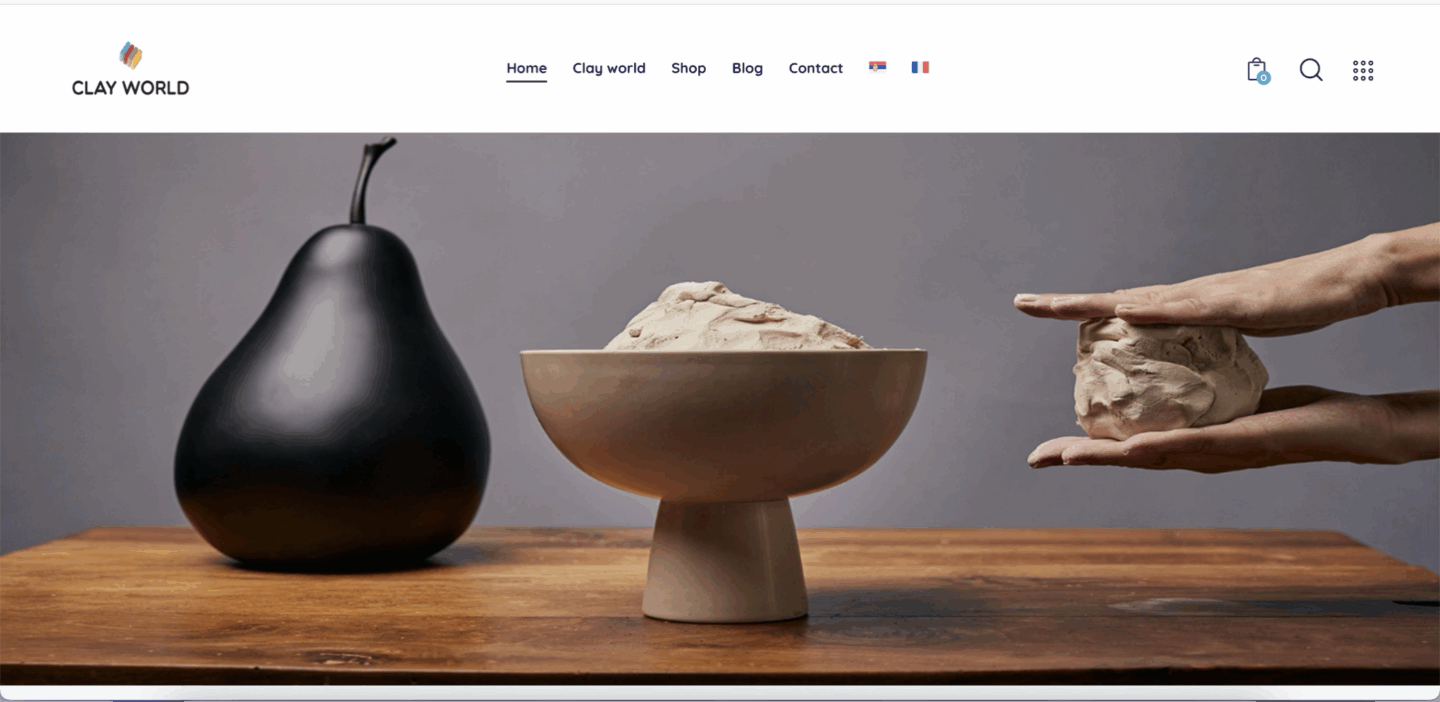
Papa’s Clay is a Serbian brand focusing on ecological, non-toxic polymer clay. It combines scientific expertise with artistic needs, offering safe products for children and adults. This clay is durable and designed to be soft, making it suitable for jewelry figurines and decorative items. Its unique formula repels dust, stays flexible after baking and preserves vibrant colors.
What makes Papa’s Clay stand out is its adaptability for multi-stage projects. Users can bake pieces multiple times without compromising quality, which helps with layered or detailed work. The brand also produces air-dry and professional clays, giving creators more choice depending on their craft.
Key Features:
- Over 20 years of expertise in the field
- Eco-friendly formula is safe for all ages with no allergens
- Dust-resistant range with bright, long-lasting shades
4. Crayola
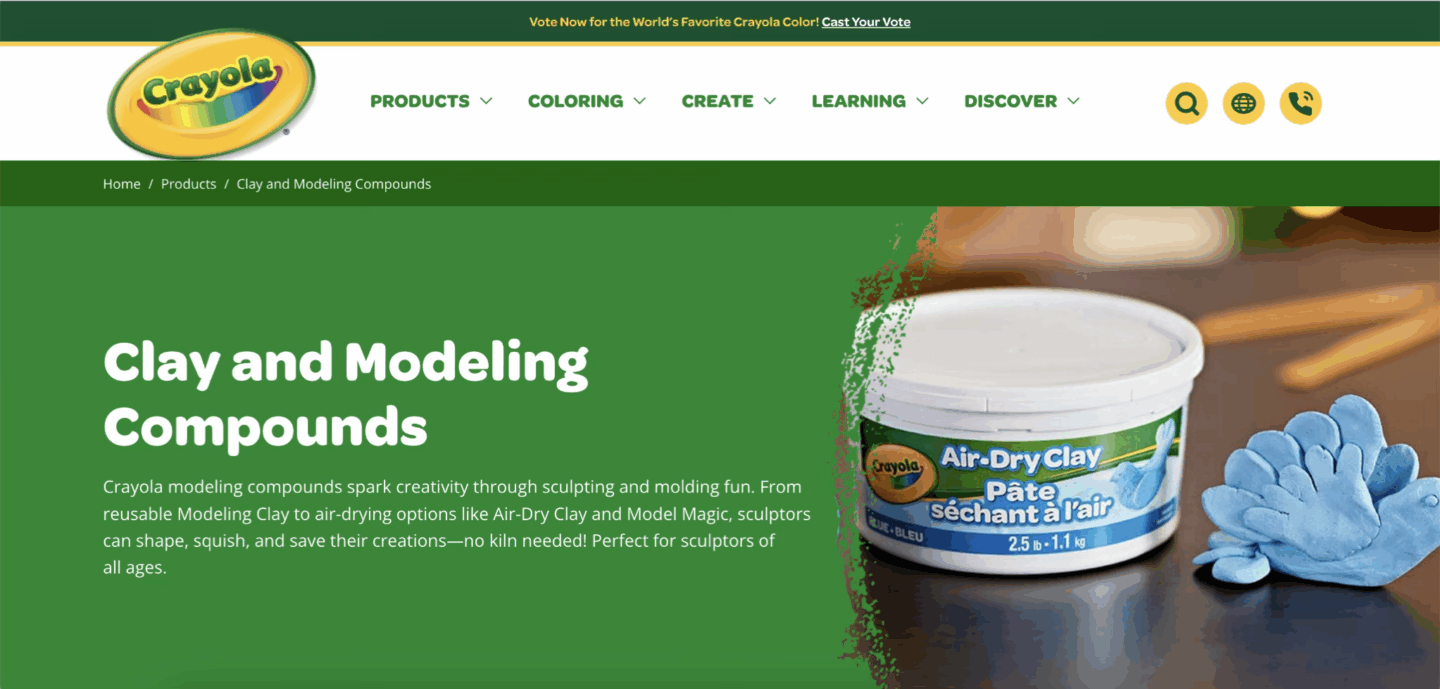
Crayola is a household name in art supplies, best known for its crayons and now for its air-dry clay. Founded in Pennsylvania, the company has become an international creative product leader. Crayola Air Dry Clay requires no kiln or oven, making it easy for children and families to create durable sculptures at home. It is soft, nontoxic and safe for school or casual use.
The brand is committed to inspiring creativity across generations. Its clay products allow children to explore sculpting while developing fine motor skills. Teachers and parents value Crayola’s accessibility and safety standards. The company continues to innovate while keeping its mission of creativity alive.
Key Features:
- Trusted by families worldwide with over 100 years of recognition
- Easy-to-handle products with a soft texture, making them ideal for beginners
- Focus on sustainability with products made using renewable energy
5. Cernit
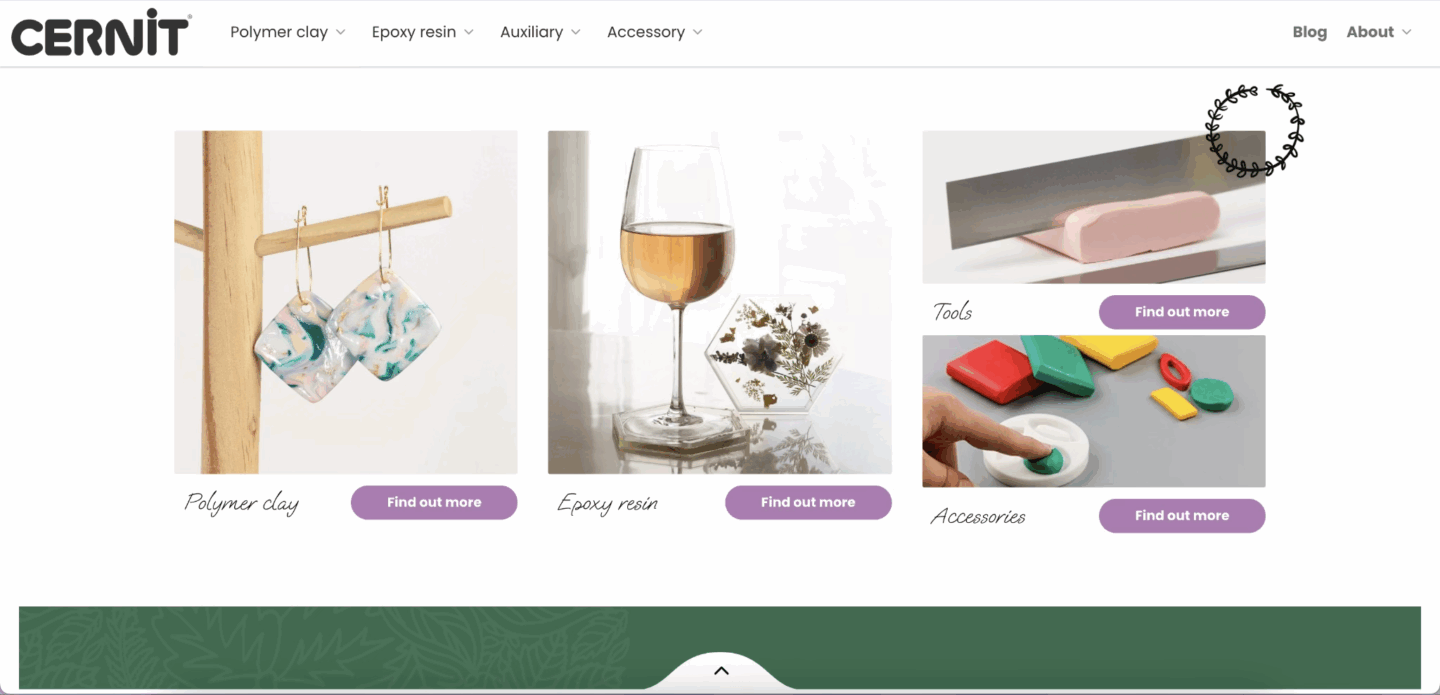
Cernit is a premium Belgian brand for polymer clays and epoxy resin. It has an excellent reputation for quality and innovation. The brand offers 105 mixable colors that appeal to jewellery makers, sculptors and miniature artists.
The clay is simple to soften, has no odor and retains exceptional flexibility after baking. It can endure multiple baking sessions, making it particularly beneficial for intricate or layered projects. Another significant advantage is that Cernit’s polymer clay is quick and easy to soften.
Key Features:
- Exceptional flexibility for softness even after baking
- Multi-bake compatibility for layered sculpting projects
- Strict quality control standards from start to finish
6. amaco brent
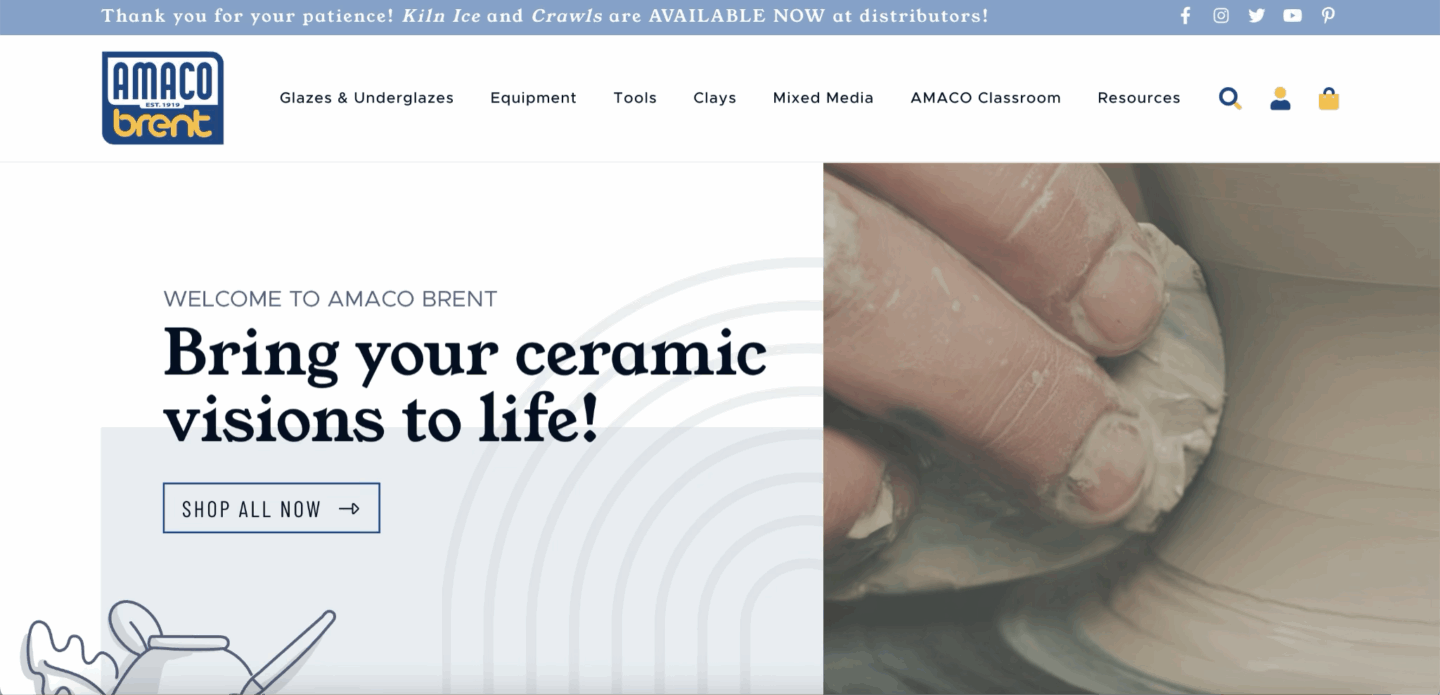
AMACO Brent has been a pioneer in the ceramics and clay industry for over a century. Founded in 1919, the company made the first American modeling clay and quickly became a leader in combining art, technology and education. AMACO has introduced a range of groundbreaking products, from electric kilns and potter’s wheels to specialty glazes and sculpting tools, supporting schools and professional artists.
The company’s dedication to quality, creativity and accessibility has made it a trusted name for generations of crafters. It supports the creative process at every level with a commitment to research, recycled materials and user-friendly designs. AMACO provides reliable tools and materials that inspire creativity and craftsmanship for classroom use, hobbyists or professional studios.
Key Features:
- Wide selection of clays, including air-dry, ceramic, modeling and self-hardening options
- Educational resources and workshops designed for beginners and experienced artists
- Recycled materials and eco-conscious production practices
Comparing the Best Clay Brands
Once you have analyzed brands, explore their unique features — including materials, colors and features — to determine which best suits your projects and skill level.
| Brand | Clay Types | Available Colors | Baking and Drying Options | Key Strengths | Best For |
| Sculpey | Oven-bake, liquid and air-dry polymer | Wide range, varies by line | Oven-bake at 130 degrees Celsius or 275 degrees Fahrenheit | Easy to use, holds fine details, versatile product lines | Beginners to professionals |
| FIMO | Soft, professional, effect and air-dry polymer | Over 50 shades, including metallics | Oven-bake at 110 degrees C or 230 degrees F | German precision, mixable clays, durable finish | Jewelry makers, mixed projects |
| Papa’s Clay | Polymer and air-dry | Broad color range | Oven-bake or air-dry options | Eco-friendly, dust-resistant, multi-bake safe | Artists who value sustainability |
| Crayola | Nontoxic air-dry | White, terracotta and basic colors | Air-dry | Safe for kids, easy to handle, widely available | Schools, families, first projects |
| Cernit | Oven-bake polymer and epoxy resin kits | 105 blendable colors | Oven-bake at 130 degrees C or 265 degrees F | Flexible after baking, odorless, resin add-ons | Professional jewelers and miniature artists |
| AMACO Brent | Air-dry, ceramic, modeling, self-hardening | Wide selection | Air-dry, kiln or oven, depending on clay type | Durable tools, educational resources, eco-conscious production | Beginners, hobbyists, schools, professional studios |
How to Choose the Best Brands for Beginner Clay Crafting
Choosing the right clay brand depends on the projects you want to create. Start by identifying the type of clay you prefer and the tools you already have. Consider factors like drying or baking requirements, color options, and safety for your intended users. Understanding the fundamentals and selecting a brand that matches your needs will make learning more enjoyable and your results more satisfying. Regardless of which brand you pick, start with small projects, practice essential techniques and let your creativity flourish.

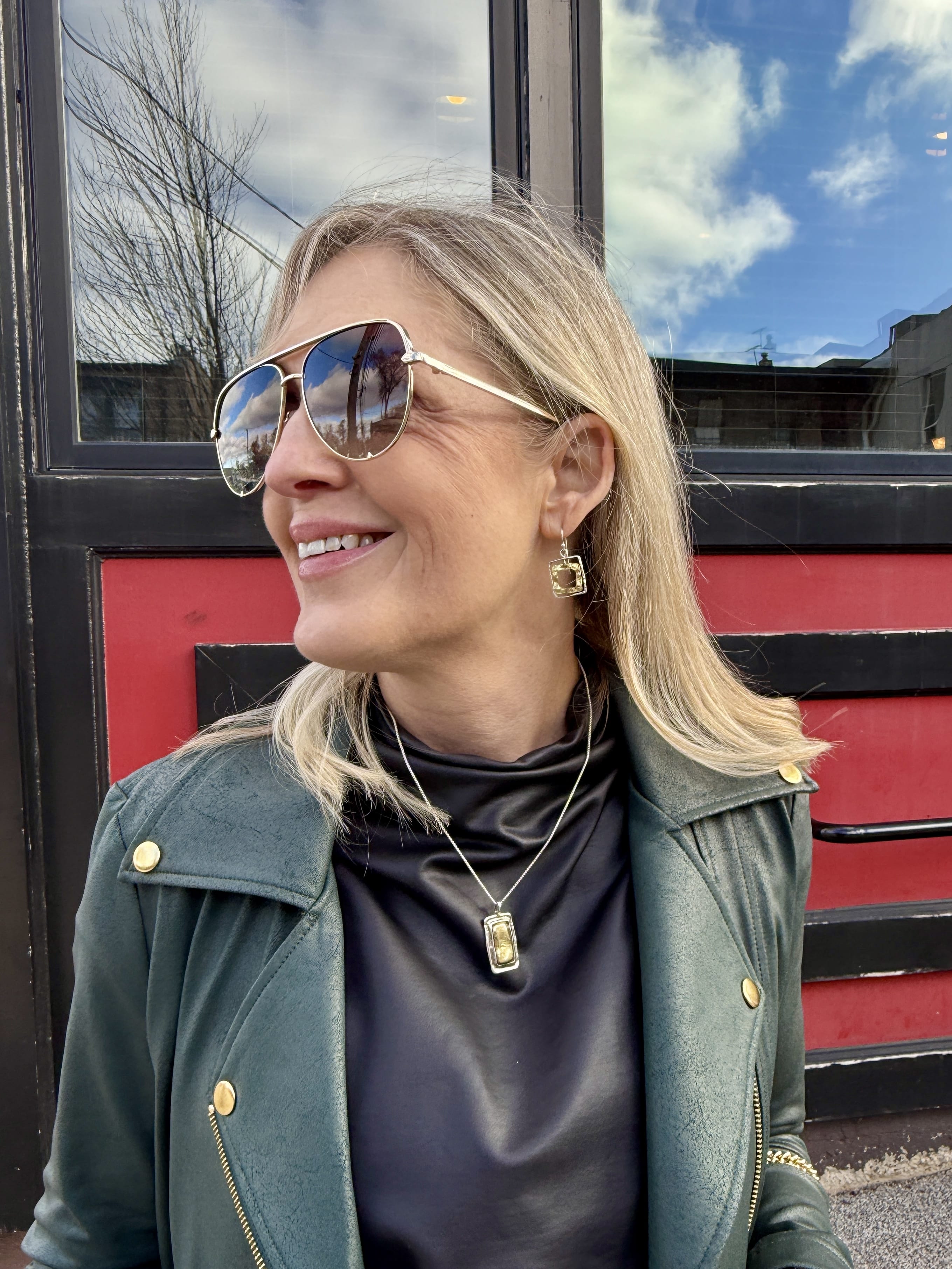

Leave a Reply